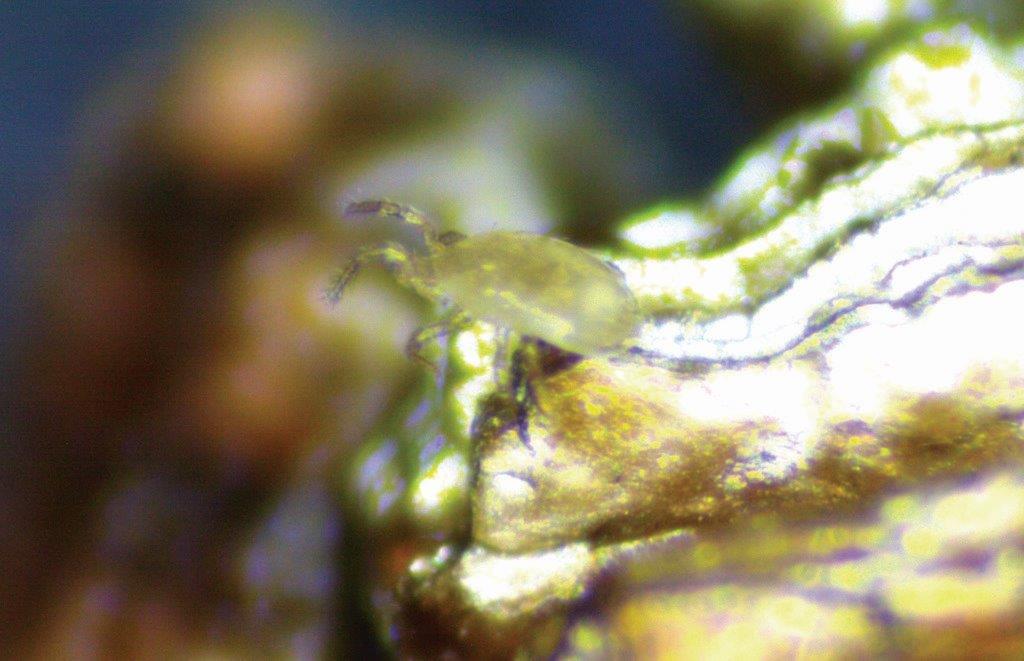Marijuana businesses can’t afford black marks
Month after month, we’re seeing the pesticide problem continue to grow within the cannabis industry. To be completely honest, it’s embarrassing.
As if marijuana businesses and the legalization movement need more obstacles and opponents, the prevalence of banned pesticides is a black eye for both the industry and the regulators who are establishing and enforcing rules.
Denver health officials recently issued their 20th recall of cannabis products, many of which have been related to the use of Eagle 20, a systemic fungicide with myclobutanil as the active ingredient. Myclobutanil, for those that don’t know, produces hydrogen cyanide gas when burned. If growers aren’t concerned about chemicals in their plants, you can bet consumers won’t look too kindly on this fact when they catch wind of it.
State regulators have been maddeningly slow to follow suit in both Colorado and Washington.
In November 2015, Colorado Governor John Hickenlooper issued an executive order declaring pesticide-tainted marijuana to be a public safety risk. At the end of February, the state finally put the executive order to use by recalling cannabis products from four different operations.
Meanwhile, Washington saw its first two cases of illegal pesticide use, but rather than issuing any sort of recall or taking significant action, the state levied a pair of fines. This comes at a time when the state is attempting to merge the unregulated medical market with the recreational sector. All along, there’s been this line about “protecting legitimate patients” as a key reason why the two markets need to operate under the same rules. Clearly, if there’s something legitimate patients need, it’s the assurance that their pesticide testing seems like it should have been a much bigger priority than, say, Mr. Yuk stickers some people have proposed for cannabis packaging.
It’s easy for me to sit at my desk and cast stones at those companies that have been caught using banned pesticides. I don’t have any skin in the game.
But I think the vast majority of the industry recognizes the importance of doing everything right. They know the War on Drugs is far from over. They know watchful eyes are waiting for any slip-up, any way to gain leverage against legalization. They know the 2016 presidential election could potentially bring a new set of rules, and that their livelihood hangs in the balance. But sadly, the prohibitionists are not concerned with separating the good actors from the bad; they’d just as soon lump everybody into the same category.
The need for effective pest control won’t disappear, but neither will the news headlines. And at this point, we have a lot more questions than answers.
This is part of the transition from underground black market product to regulated agricultural crop. The old cultivation methods people have used in the past might not work in today’s market. It’s unfortunate that growers haven’t had access to the kinds of resources they need to effectively control pests without dangerous chemicals, but that’s changing fast. Just like other aspects of this industry, success will come to those who are willing to dive deeper than an Internet chat room to determine best practices.
Cannabis might be a special plant to those who grow it and consume it, but it’s still just a plant, and people have been studying horticulture and botany for ages. There are true experts out there, and many are increasingly willing to work with the cannabis industry. But most of them don’t spend their hours posting information on online forums.
Garrett Rudolph
Editor



